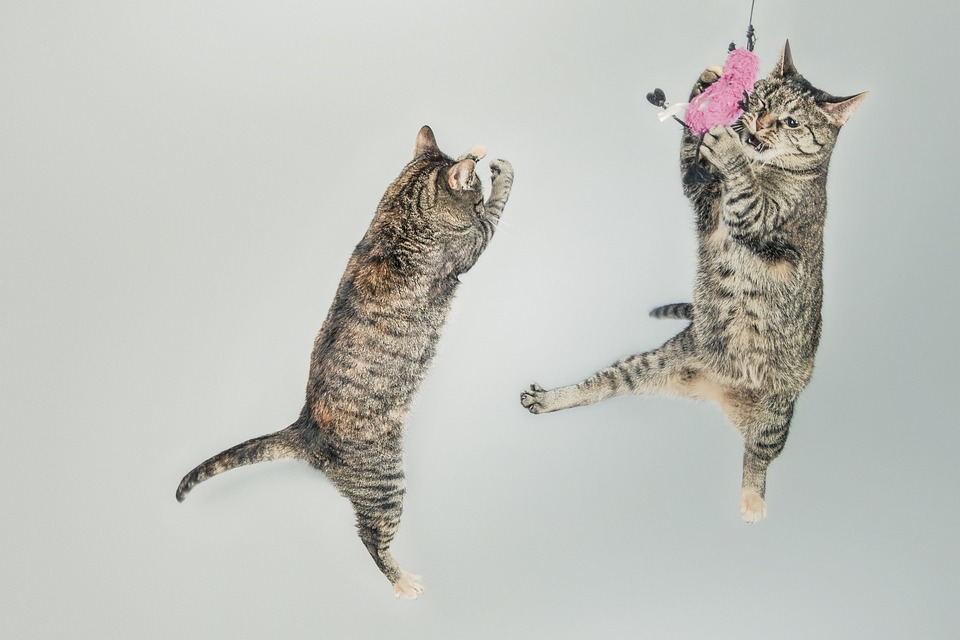Introduction:
As a pet owner, you may have noticed that your furry companion becomes unusually vocal during mealtime. Excessive vocalization at this time can be perplexing and even frustrating. However, it is essential to understand that there are underlying reasons behind this behavior. In this article, we will delve into the causes of excessive vocalization at mealtime in pets and provide helpful tips to address this issue.
I. What is Excessive Vocalization at Mealtime?
A. Defining excessive vocalization:
Excessive vocalization refers to an unusually high level of vocal communication exhibited by pets during mealtime. This can include meowing, whining, barking, or other vocalizations that are excessive compared to their usual behavior.
B. Common vocalization types during mealtime:
Pets may exhibit various types of vocalization during mealtime, including demanding meows, excited barks, or persistent whining. These vocalizations are often their way of expressing their needs or desires.
II. Causes of Excessive Vocalization at Mealtime
A. Hunger:
One of the most common reasons for excessive vocalization at mealtime is hunger. Pets may become vocal to communicate their need for food, especially if their regular feeding schedule has been disrupted.
B. Impatience:
Pets can also become vocal when they are feeling impatient. If they are used to being fed at a specific time and there is a delay, they may vocalize to express their frustration.
C. Attention-seeking behavior:
Some pets may use excessive vocalization as a means to seek attention from their owners. They may have learned that making noise during mealtime gets them the desired response or extra attention.
D. Medical issues:
Excessive vocalization at mealtime can also be a sign of an underlying medical issue. Pets may vocalize due to pain, discomfort, or other health-related concerns. If the excessive vocalization is accompanied by other unusual behaviors or physical symptoms, it is essential to consult a veterinarian.
E. Anxiety or stress:
Pets experiencing anxiety or stress may also exhibit excessive vocalization at mealtime. This can be due to changes in their environment, new additions to the household, or other stressors that trigger vocalization during mealtime.
III. Tips to Address Excessive Vocalization at Mealtime
A. Establish a consistent feeding routine:
Creating a consistent feeding schedule can help reduce excessive vocalization at mealtime. Feed your pet at the same time each day to establish a routine they can rely on.
B. Provide mental stimulation before meals:
Engaging your pet in mentally stimulating activities, such as interactive play or puzzle toys, can help redirect their focus and expend energy before mealtime. This can help reduce their excitement and vocalization.
C. Use puzzle feeders or interactive toys:
Consider using puzzle feeders or interactive toys that require your pet to work for their food. This can help stimulate their natural foraging instincts and keep them occupied, reducing their vocalization.
D. Ensure a calm feeding environment:
Create a calm and quiet environment during mealtime. Minimize distractions and avoid rewarding your pet’s vocalization with attention or food. This will help discourage excessive vocalization.
E. Gradually transition to scheduled feeding:
If your pet is used to free-feeding or receiving food on demand, consider transitioning them to scheduled feeding. This can help establish a routine and reduce their vocalization by teaching them to anticipate and wait for their meals.
IV. Frequently Asked Questions (FAQs)
1. Why does my pet meow excessively only during mealtime?
Pets often associate mealtime with the fulfillment of their primary needs, such as hunger. They may vocalize to communicate their desire for food and their anticipation of being fed.
2. Is excessive vocalization a sign of hunger?
Yes, excessive vocalization during mealtime can be a sign of hunger. It is essential to ensure that your pet’s nutritional needs are being met with an appropriate diet and feeding schedule.
3. How can I determine if my pet’s vocalization is due to a medical issue?
If your pet’s excessive vocalization is accompanied by other unusual behaviors, changes in appetite or weight, or physical symptoms such as vomiting or diarrhea, it is crucial to consult a veterinarian. They can help determine if there are any underlying medical issues contributing to the vocalization.
4. Will ignoring my pet’s vocalization help decrease it?
Ignoring your pet’s vocalization can be an effective strategy if the vocalization is attention-seeking behavior. By not rewarding the vocalization with attention or food, you can help discourage the behavior over time.
5. Can excessive vocalization at mealtime be a sign of anxiety or stress?
Yes, excessive vocalization at mealtime can be a sign of anxiety or stress. Pets may vocalize when they are feeling overwhelmed or anxious due to changes in their environment or other stressors. Identifying and addressing the underlying cause of their anxiety or stress can help reduce the vocalization.
Conclusion:
Excessive vocalization at mealtime can be a frustrating behavior for pet owners. By understanding the underlying causes and implementing appropriate strategies, you can effectively address this issue and create a more peaceful feeding environment for both you and your furry friend. Remember, patience and consistency are key when modifying your pet’s behavior.








